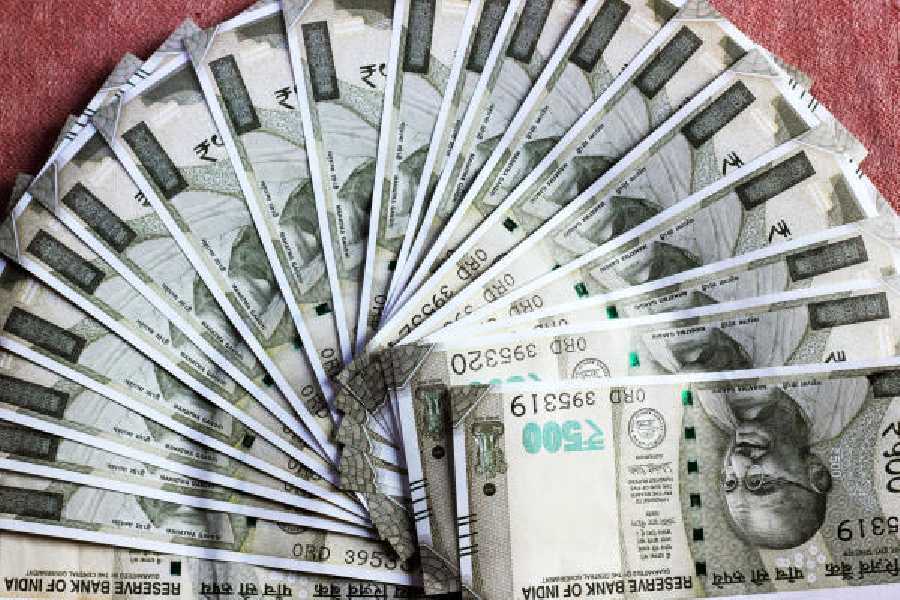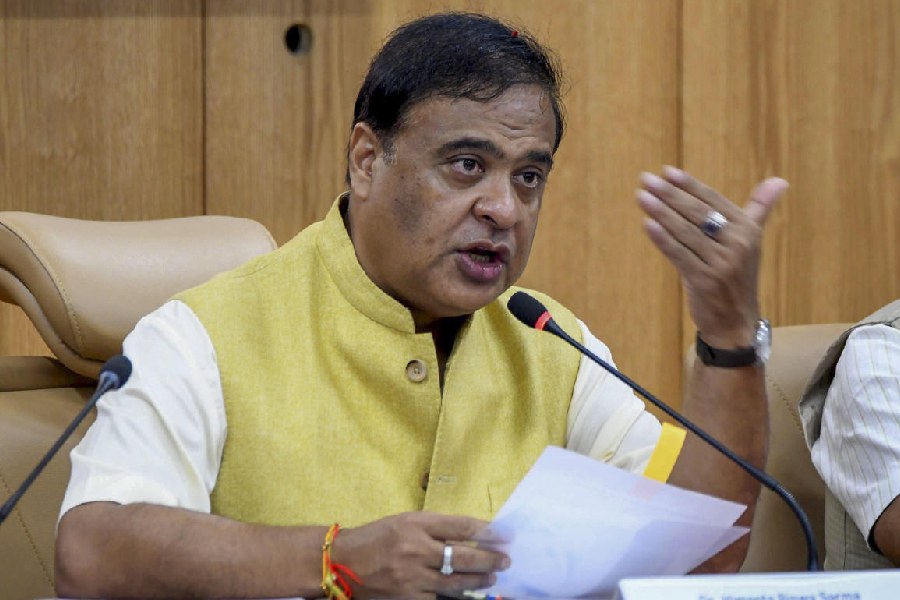In a country where every rupee counts, it is concerning to learn that trillions lie idle as unclaimed financial assets. These are genuine savings and investments made by individuals that are forgotten. Often, the original investor may pass away without informing their family members or may have failed to maintain proper records or update nominee details. Money saved with care often ends up locked in the web of dormant bank accounts, demat and government repositories.
The scale of this problem is alarming. Despite regulatory efforts, awareness campaigns, and digital tools designed to help people recover their lost money, the volume of unclaimed assets continues to grow. Every year, more funds are added to the pool of dormant wealth, outpacing the rate at which they are being claimed. If you’ve ever thought, “I wish I had a surprise inheritance somewhere,” now may be the time to check — because someone in your family might have left behind a forgotten fortune.
This isn’t just about numbers — it’s about real people forgetting or missing out on their own money. Maybe it was a bank account opened years ago, a forgotten investment by a loved one, or a share certificate that was never tracked again. Whatever the reason, this is India’s financial memory loss — and it’s costing families and the country a fortune.
Why this matters — personally & nationally
Individually, these are lost opportunities — money that could have supported families during emergencies, children’s education, or retirement. However, on a national scale, this represents locked capital not being used productively. If released and recirculated, even a portion of the funds could boost economic activity, support small businesses, or contribute to public welfare.
What has been done so far?
Financial regulators and government departments have implemented several initiatives to tackle this issue. The IEPF Authority was created under the ministry of corporate affairs to manage and enable the refund of unclaimed dividends and shares. The digital process involves filing a claim online, accompanied by the required documents, including ID proofs, PAN, Aadhaar, death certificates (if applicable), and company verification. The Association of Mutual Funds in India also requires mutual funds to disclose unclaimed amounts on their websites.
Finding lost bank deposits — UDGAM
The RBI’s launch of the UDGAM portal has been a significant step forward. This centralised platform allows users to search for unclaimed bank deposits across multiple banks using just a few personal details. As of 2024, 30 major banks are already linked to the portal, covering nearly 90 per cent of DEAF’s holdings. The process is user-friendly: register, enter your PAN or birth date, and search for dormant accounts in your name. If results are found, the user is directed to the relevant bank.
If you’ve ever suspected that a late relative might have had a bank account, this is your best opportunity to find it. And no, you don’t need a lawyer or a financial degree, just a few documents and the willingness to follow up.
EPFO balances — still hard to trace
Dormant provident funds also contribute significantly to the problem. EPFO has made strides by linking the Universal Account Number (UAN) to Aadhaar and bank details. Still, many older accounts remain unlinked or without proper nomination. Claiming these funds can still be challenging, particularly for heirs who lack documentation.
The core challenge: lack of awareness
At the heart of this problem lies a lack of awareness and essential financial planning. Many investors focus on investing but forget to update their records or inform family members. People often skip the nomination step, thinking it is optional. Some assume that their wealth will automatically be passed on to their loved ones.
Digital platforms and centralised records are helping, but unless individuals take proactive steps to manage their investments, the problem will persist.
What every family should do
- Ensure every investment — whether a fixed deposit, mutual fund, or stock — has a nominee listed.
- Create and maintain a master list of all your financial accounts, folios and investments. Update it regularly.
- Store this information safely, either in a physical folder or digitally in a secure location. Make sure at least one trusted family member knows how to access it.
- Periodically review and update KYC details, contact information, and bank accounts linked to investments.
A national opportunity
India’s financial system has improved rapidly but no system can help if people don’t act. Recovering even a portion of the ₹2 lakh crore lying idle could change lives. This is a national opportunity hiding in plain sight. The money and systems exist. Now, what we need is timely action from each one of us. If you’ve ever dreamed of finding buried treasure, you might find it not in your backyard but in a forgotten account waiting to be claimed.
The writer is a co-founder of www.investaffairs.com










